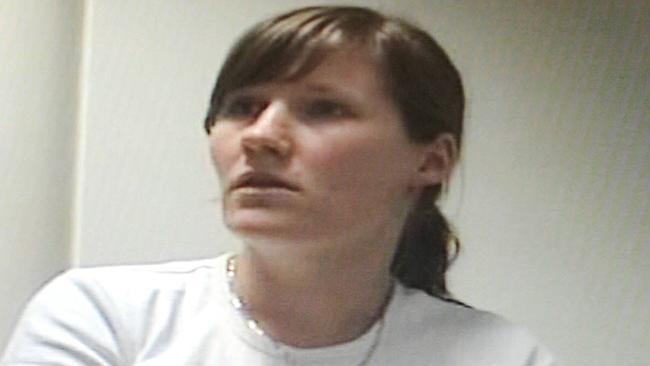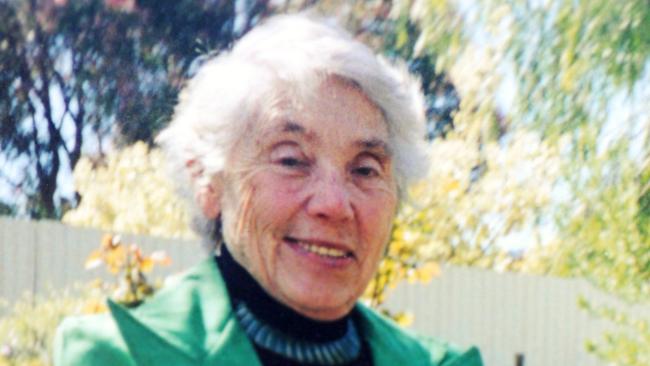New ‘no body, no parole’ laws to be used in bid to recover murder victim Vonne McGlynn’s dismembered body
POLICE will use new “no body, no parole” laws to seek co-operation from one of the state’s most notorious killers in an attempt to recover her dismembered victim’s final body parts.

SA News
Don't miss out on the headlines from SA News. Followed categories will be added to My News.
- Angelika Gavare faces SA court charged with prison assault
- Pensioner killer Angelika Gavare jailed for 32 years
POLICE will use new “no body, no parole” laws to seek co-operation from one of the state’s most notorious killers in an attempt to recover her dismembered victim’s final body parts.
The Advertiser can reveal Major Crime detectives will use the laws in a renewed effort to elicit information from Angelika Gavare, who murdered pensioner Vonne McGlynn in December 2008.
Gavare is serving a minimum 32 years in prison for killing Ms McGlynn in her Reynella home, dismembering her body with an angle grinder and dumping the parts at Christie Creek.
She has never revealed what happened to the 82-year-old’s head and hands and was described by Justice Trish Kelly as a “greedy, narcissistic and deceitful woman with no morals or empathy”.
Gavare will be among the first of the state’s convicted killers to be interviewed by police since “no body, no parole” laws were introduced in July last year.
The laws will prevent murderers, who deliberately withhold information about the location of their victim’s body, being considered for parole by the Parole Board.
Major Crime Investigation Branch officer-in-charge Detective Superintendent Des Bray said Gavare was believed to have knowledge that could help police find the remains of Ms McGlynn.
Det-Supt Bray said Gavare would be interviewed “in due course”.
“Once the legal process has settled we will begin the process of interviewing prisoners and the interview of Gavare will be done early in the process,” Det-Supt Bray told The Advertiser.
“It is our intention to maximise the use of this legislation and to do everything possible to recover the remains of victims or to advance homicide investigations.”

Det-Supt Bray declined to speculate on other cases in which the “no body, no parole” laws could be used to again interview prisoners.
He did, however, confirm that Ngoc Tran — who is serving a non-parole period of 23 years for murdering Paulo Miranda in May 2008 — would be spoken to by homicide detectives.
The body of Mr Miranda has never been recovered.
“Those living with the trauma of homicide want a timely outcome,” Det-Supt Bray said.
“They want offenders held accountable for their actions and want the remains of their loved ones located and returned.
“Sadly, this does not always happen and the families are forced to ensure additional psychological stress and grief.
“While we can never take away the grief families and friends endure, we can and should do everything we can to locate the body of their loved ones to help at least to minimise their grief.
“Locating the remains of loved ones is extremely important to the families of victims.”
Police Minister Peter Malinauskas said the “no body, no parole” laws were an important reform to the parole system.
“I could not think of anything more awful than to have a loved one missing,” he said.
“These changes punish offenders who do not co-operate with authorities and hopefully will bring some closure to families of victims whose remains have never been found.”


